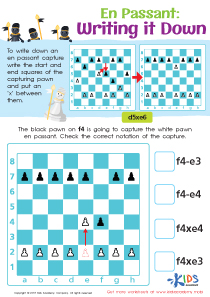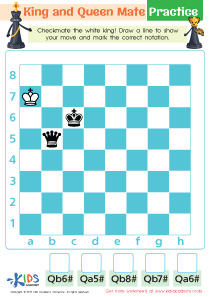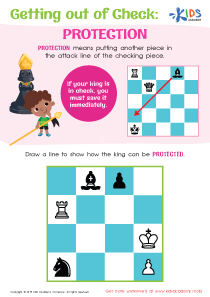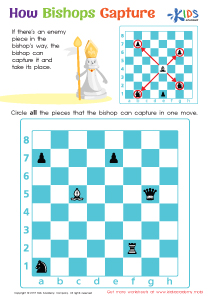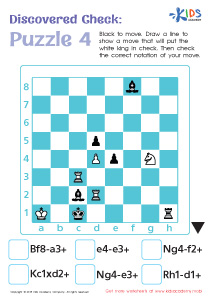Easy Keeping Track of Data Quizzes for Ages 7-8
2 results
2 filtered results
Clear all filters2 filtered results
-
From - To
Introducing our Easy Keeping Track of Data quizzes, tailor-made for curious minds aged 7-8! Designed to spark interest and encourage learning, these interactive quizzes are perfect for young learners eager to test their knowledge on tracking data. As they navigate through each question, children receive instant feedback, helping them understand concepts and learn from their mistakes in real time. Whether it's understanding simple data charts or grasping basic data collection methods, our quizzes make learning both fun and informative. Dive into our Easy Keeping Track of Data quizzes and watch your child's understanding and confidence grow!
In today's digital age, where information is abundant and learning styles are diverse, engaging educational tools are more important than ever. One such innovative approach to learning is through interactive quizzes, especially in subjects that are foundational yet can be challenging for young learners, such as data management and interpretation. Our Easy Keeping Track of Data for Ages 7-8 interactive quizzes are designed to transform the way children interact with and comprehend data, making learning both enjoyable and effective.
Understanding and keeping track of data is a critical skill that children should develop early on. It not only lays the groundwork for more advanced mathematical concepts but also helps in cultivating organized thinking and problem-solving skills. However, for children aged 7-8, traditional methods of teaching data can sometimes be overwhelming or dull. This is where our Easy Keeping Track of Data for Ages 7-8 quizzes make a significant difference.
Our interactive quizzes are tailored specifically to the cognitive and developmental stages of children aged 7-8. They simplify complex concepts into engaging, bite-sized lessons that capture children’s attention and stimulate their curiosity. By integrating colorful visuals, relatable scenarios, and instant feedback mechanisms, these quizzes make learning about data not just accessible but also exciting. Children are naturally drawn to interactive elements, and our quizzes use this to their advantage, turning what could be a tedious lesson into a fun and interactive experience.
One of the key benefits of our Easy Keeping Track of Data for Ages 7-8 quizzes is the emphasis on practical application. Children learn better when they can see the relevance of what they’re learning to their everyday lives. Our quizzes incorporate examples and questions that relate to real-life situations, helping children understand why keeping track of data is important and how it can be used. Whether it’s tallying scores, understanding graphs, or sorting information, our quizzes ensure that children can see the connection between the skills they’re developing and the world around them.
Moreover, the interactive aspect of these quizzes provides immediate feedback, a crucial element in the learning process. Children can instantly see the results of their answers, allowing them to understand their mistakes and learn from them in real time. This instant feedback loop not only reinforces correct information but also boosts children’s confidence as they see their progress.
Adapting to each child’s learning pace is another advantage of our Easy Keeping Track of Data for Ages 7-8 quizzes. With a range of difficulty levels and the ability to repeat quizzes as many times as necessary, children can learn at their own pace, ensuring they fully grasp each concept before moving on to the next. This personalized learning approach is difficult to achieve in traditional classroom settings but is seamlessly integrated into our interactive quizzes.
In conclusion, our Easy Keeping Track of Data for Ages 7-8 interactive quizzes represent a significant advancement in educational resources for young learners. By making data management understandable, relevant, and fun, these quizzes not only enhance children’s learning experience but also set a strong foundation for their future academic and personal success. In a world where data is increasingly important, equipping children with the skills to manage and interpret data from an early age is invaluable.


